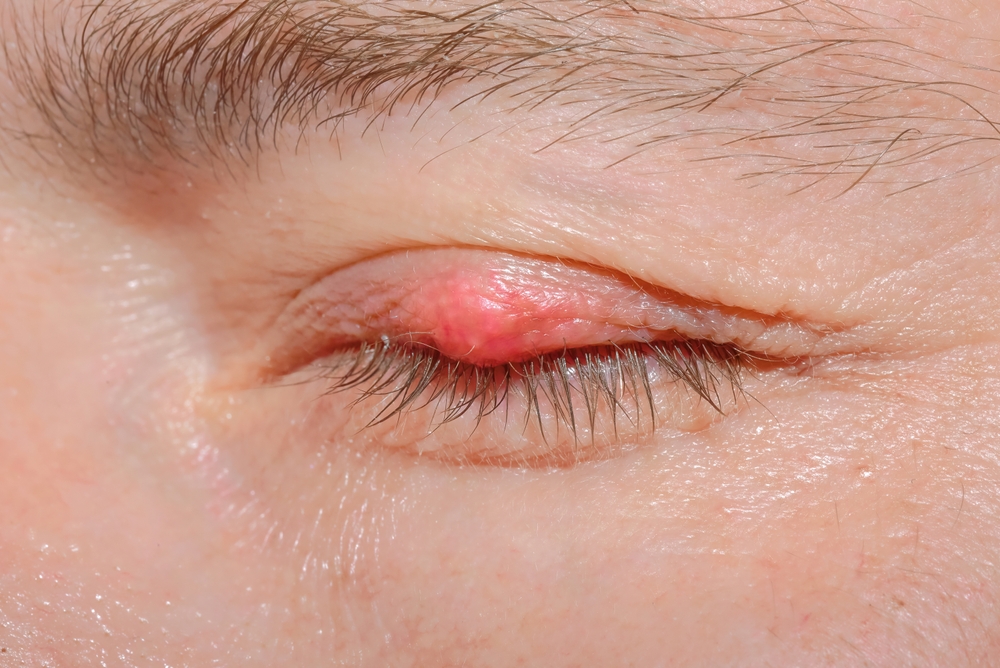Seaside Eyecare Optometry Blog

For individuals who have struggled to find clear, comfortable vision with traditional contact lenses, scleral lenses offer a life-changing solution. These specialty contact lenses in San Clemente are designed to address a wide range of complex eye conditions, providing both exceptional comfort and vision clarity.

If you’ve been struggling with persistent dry, irritated eyes, the culprit could be Meibomian Gland Dysfunction (MGD). Many people dismiss dryness, redness, and fluctuating vision as minor annoyances, but untreated MGD can significantly impact your daily comfort and long-term eye health. At Seaside Eyecare Optometry, we specialize in diagnosing and treating MGD using advanced technologies that provide lasting relief.

Cataracts are a common part of the aging process, but that does not mean you are powerless against them. While cataracts cannot be reversed once they form, there are steps you can take to help slow their progression and protect your vision for as long as possible. At Seaside Eyecare Optometry, we are committed to helping you understand your eye health and take proactive steps to preserve it.

Dry eye disease is a common condition that affects millions of people, causing discomfort, irritation, and even vision disturbances. Many treatment options are available, but not all provide long-term relief. TearCare is an innovative in-office treatment designed to address the underlying cause of dry eye disease and offer lasting comfort.

Dry eye is a prevalent condition that affects millions of people worldwide. It occurs when your eyes don’t produce enough tears or when the tears evaporate too quickly, leading to discomfort and potential vision problems. At Seaside Eyecare Optometry, we prioritize eye health by providing personalized treatment options for dry eye to help you maintain clear, comfortable vision.

As someone dealing with dry eye, you may have noticed an increased sensitivity to light, also known as photophobia. This connection between dry eye and light sensitivity is an important aspect to understand, as it can significantly impact your daily life and visual comfort.

In today's digital age, we spend more time than ever in front of screens. Whether it's for work or leisure, the constant exposure to screens can have a detrimental effect on our eye health. One common problem that arises from prolonged screen time is dry eye. Dry eye occurs when the eyes do not produce enough tears or when the tears evaporate too quickly. This can lead to discomfort, irritation, and even vision problems.

Presbyopia is a vision condition that affects almost everyone as we age. It's a natural part of the aging process that results in the inability to focus on close objects. This can make everyday tasks like reading a book or looking at a smartphone challenging.

Understanding the importance of regular eye care is the first step towards maintaining good vision and eye health. This includes knowing the difference between comprehensive eye exams and vision screenings, the two primary methods of assessing eye health. While they may sound similar, there's a significant difference between the two.

A child’s vision develops rapidly. Sight is an infant’s most vital sense in the first six months, allowing for cognitive and social skill development. Kids are primarily visual learners. According to the American Optometric Association, up to 80 percent of a child’s learning happens visually. That is why it is imperative to be proactive about your little one’s visual health.






